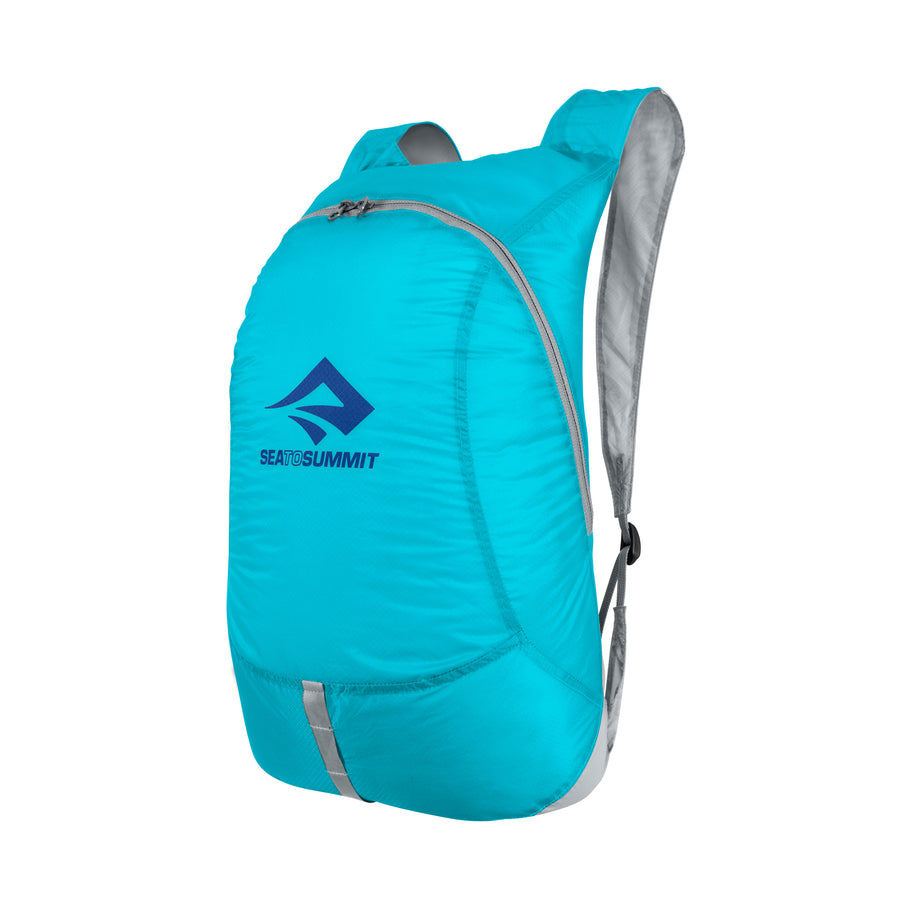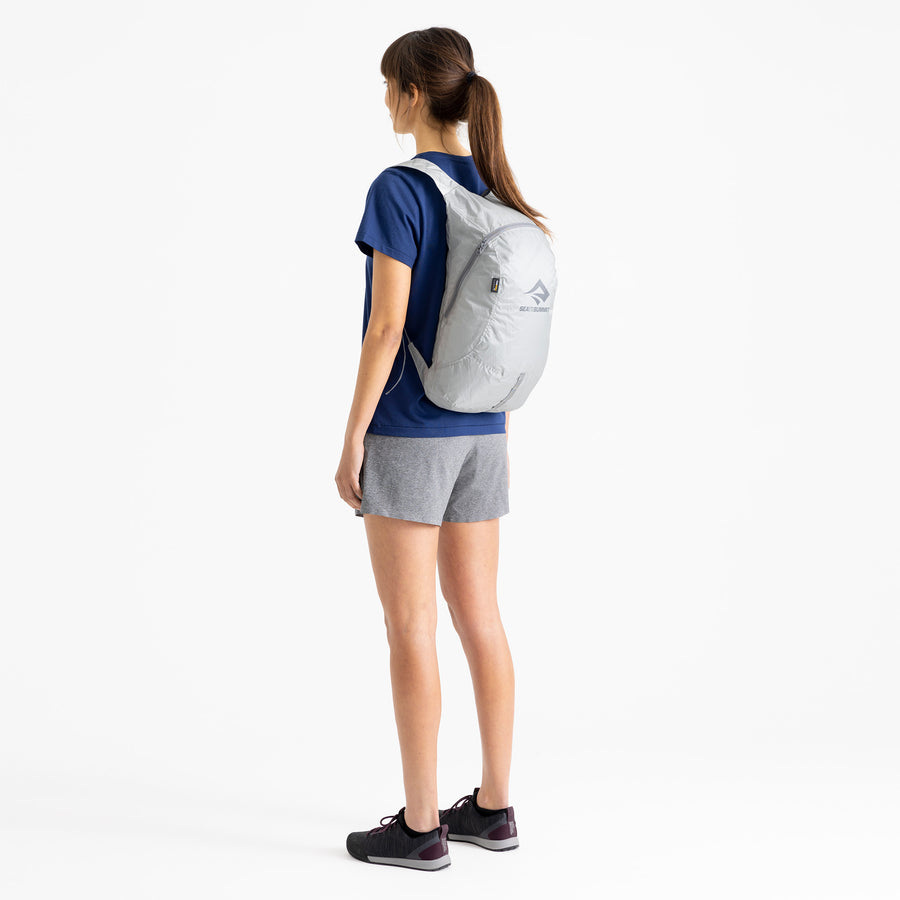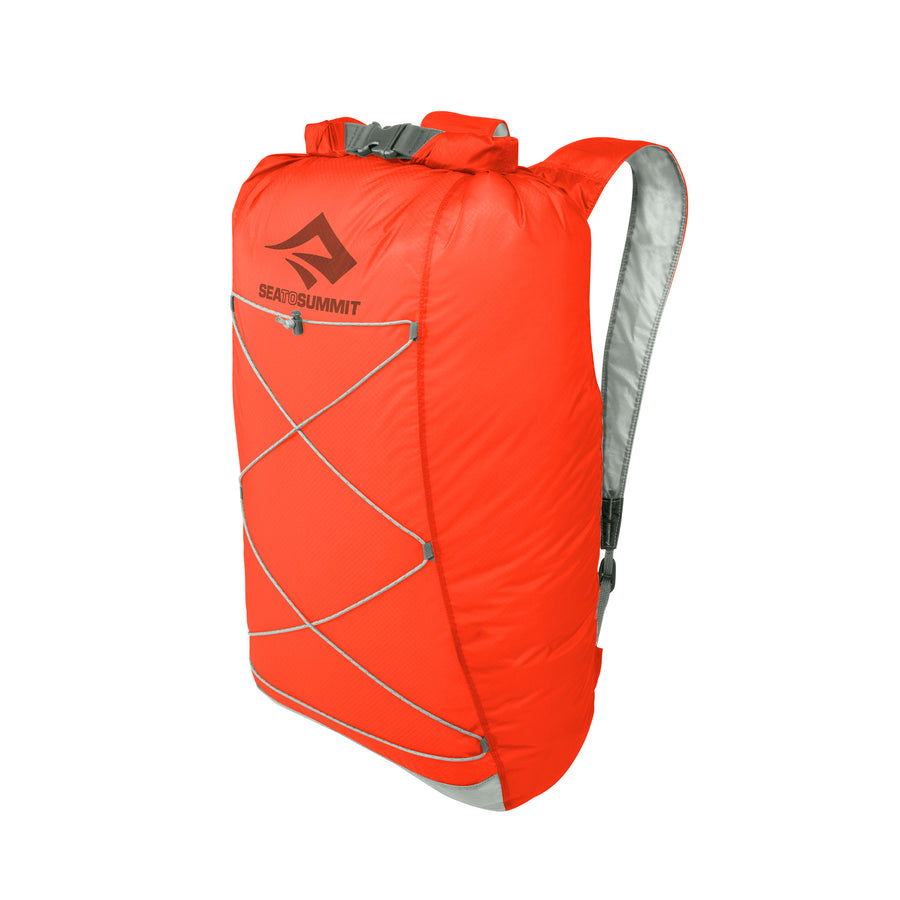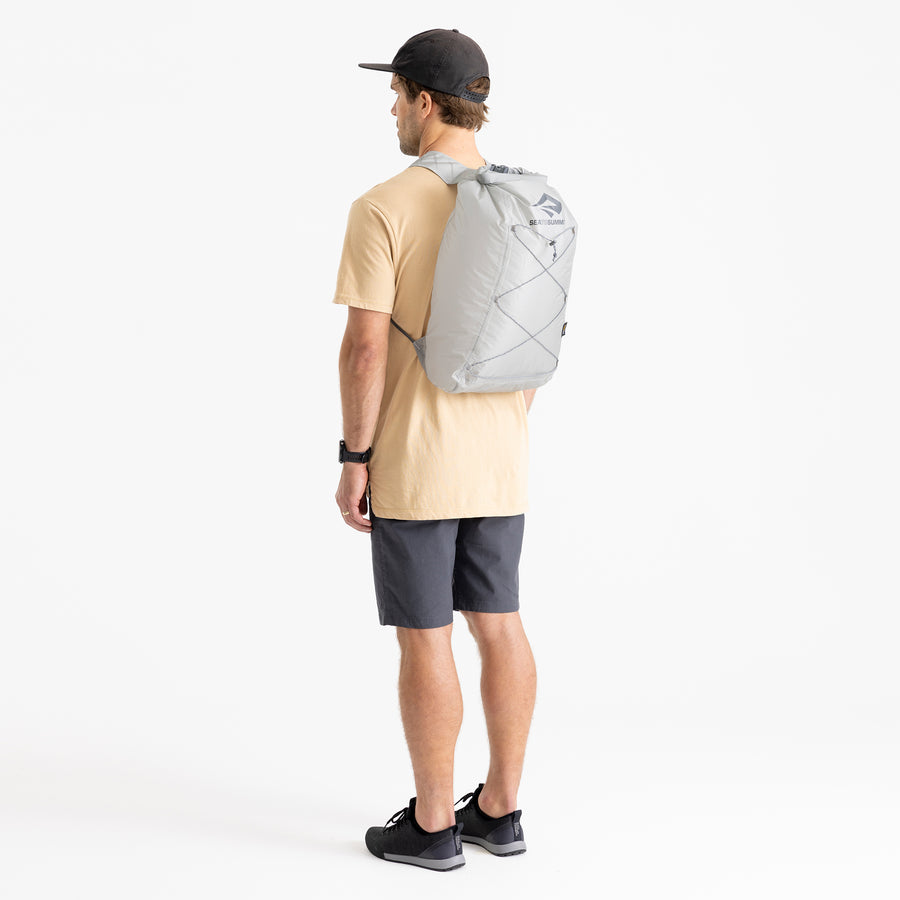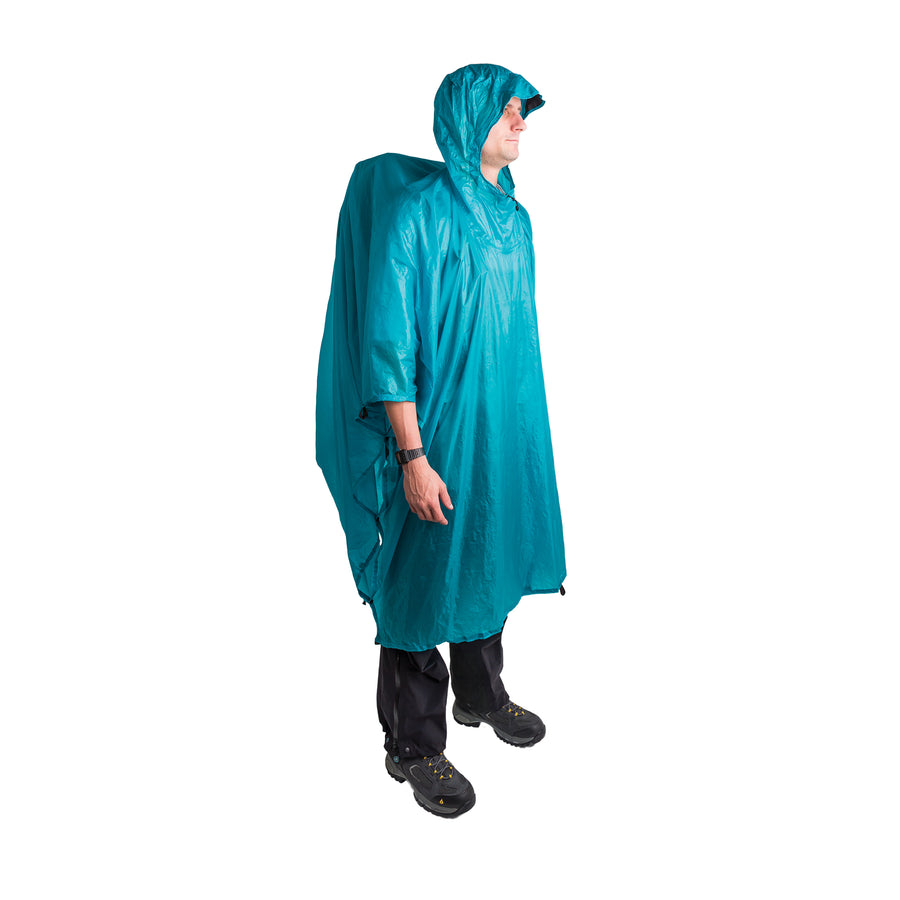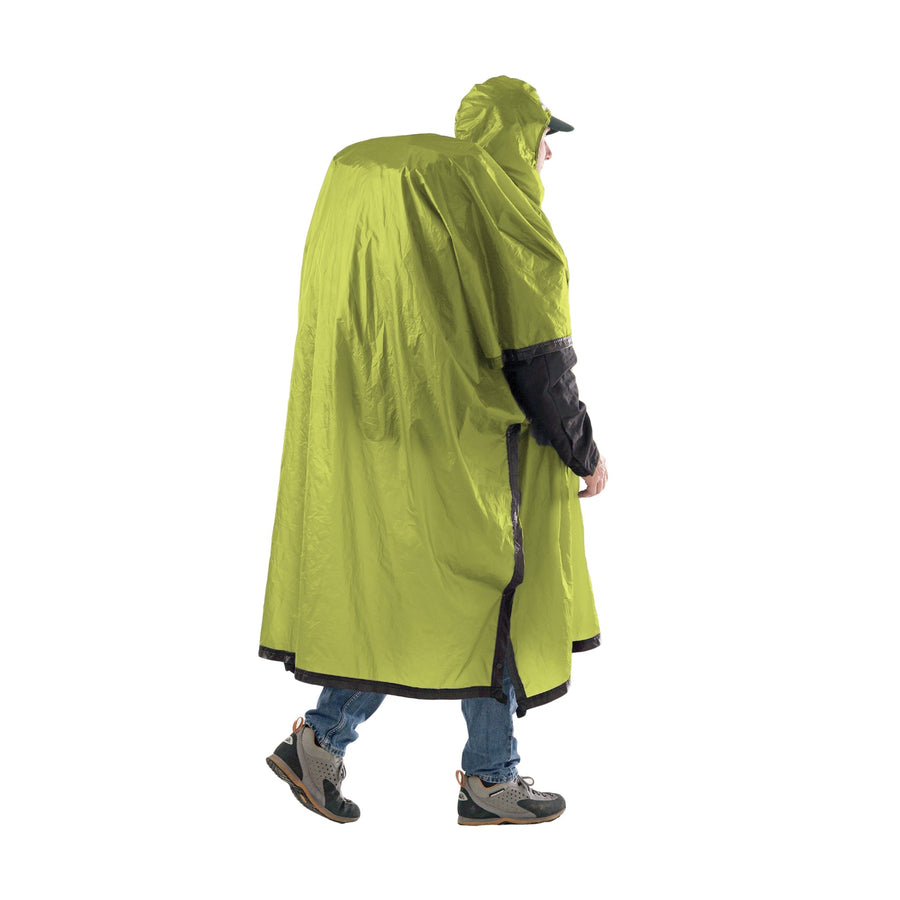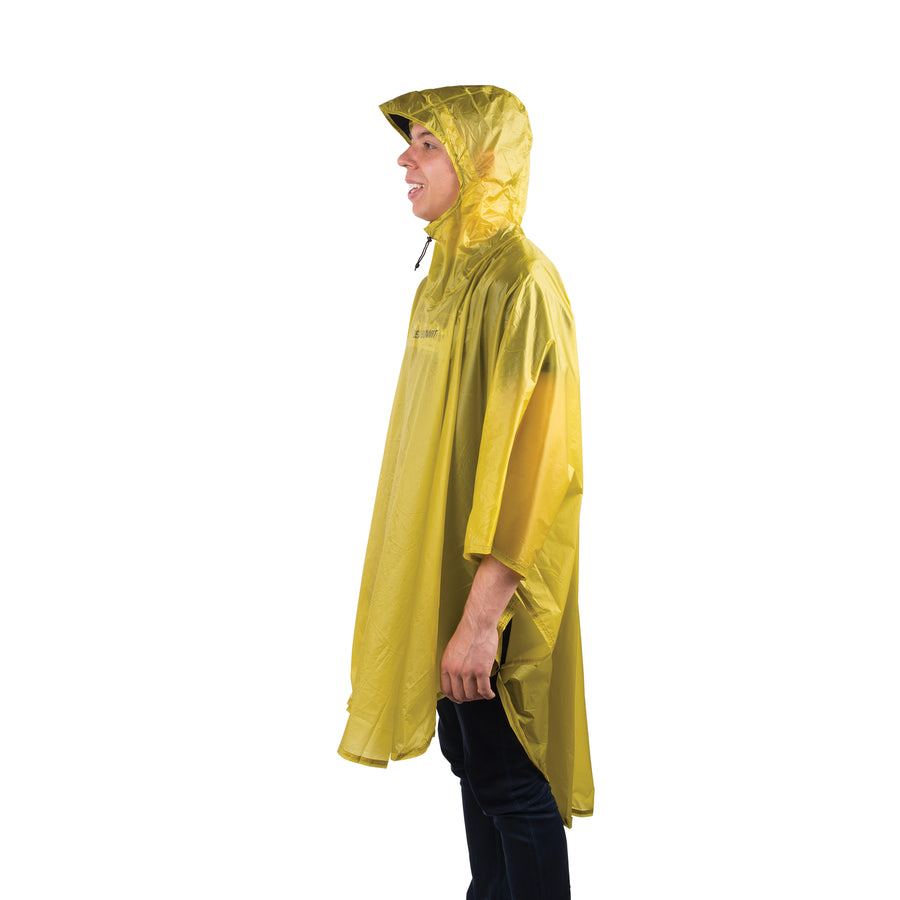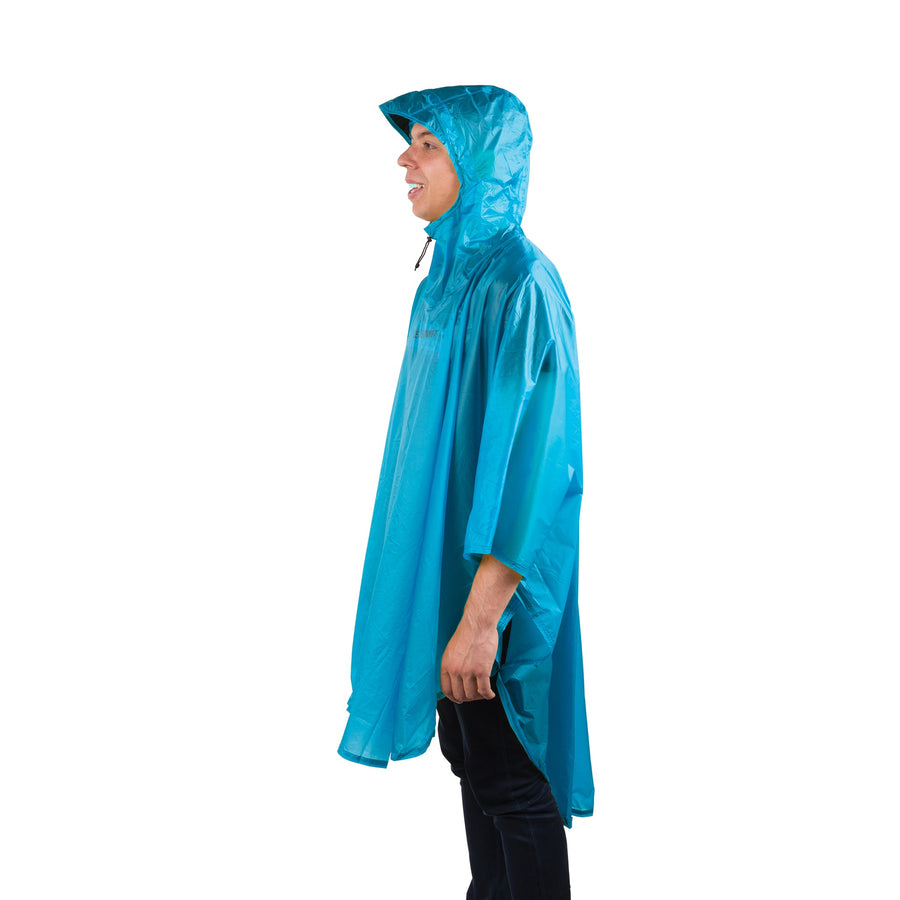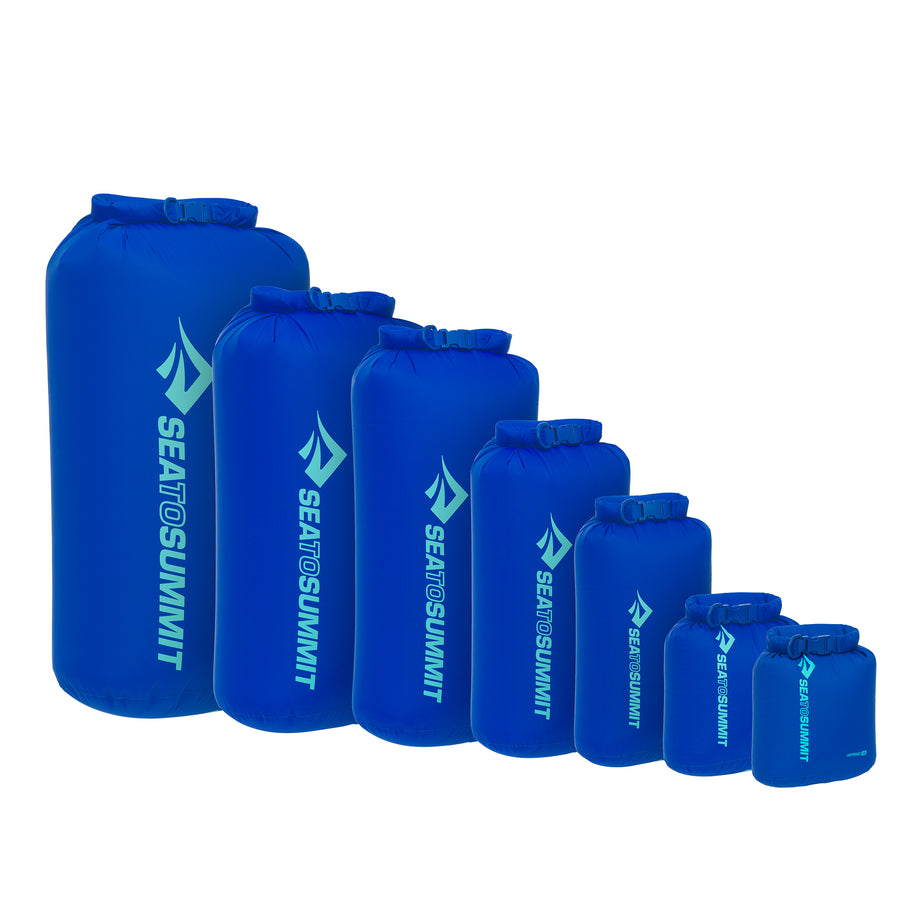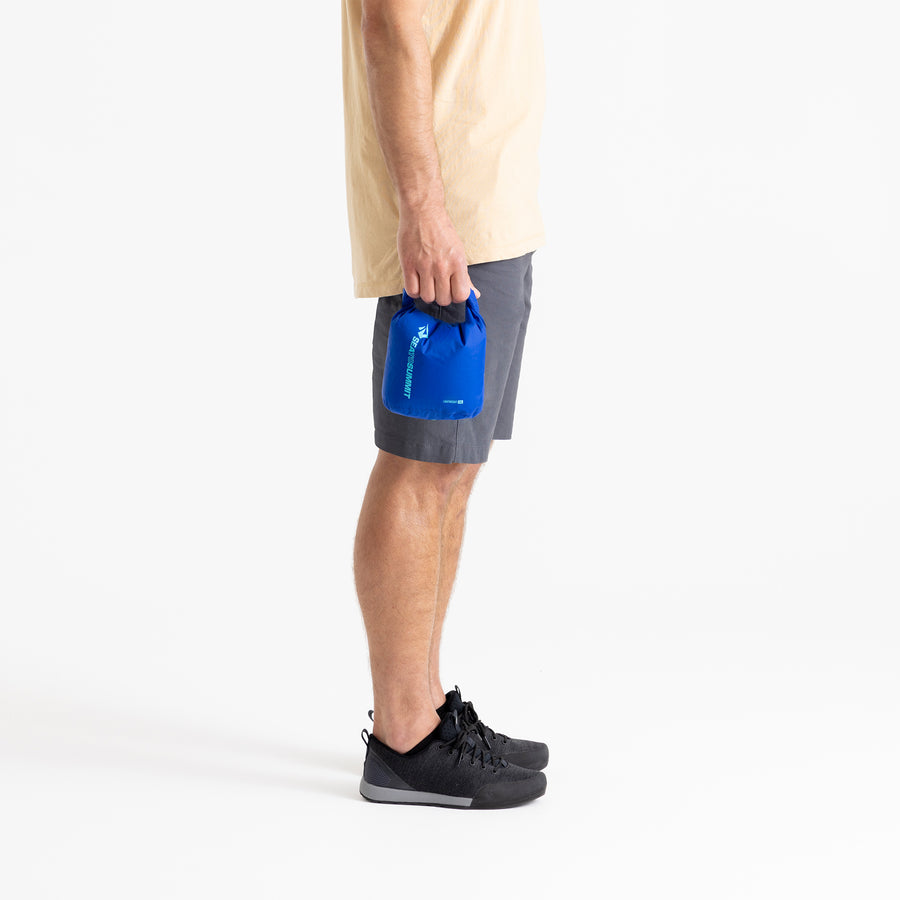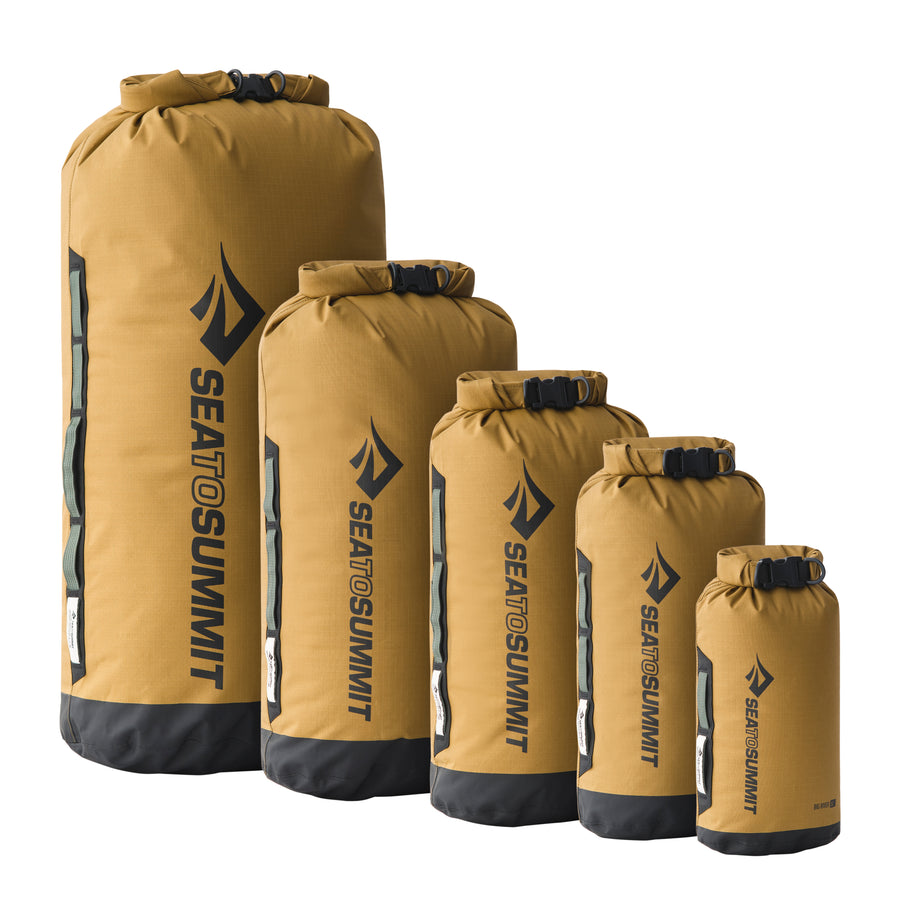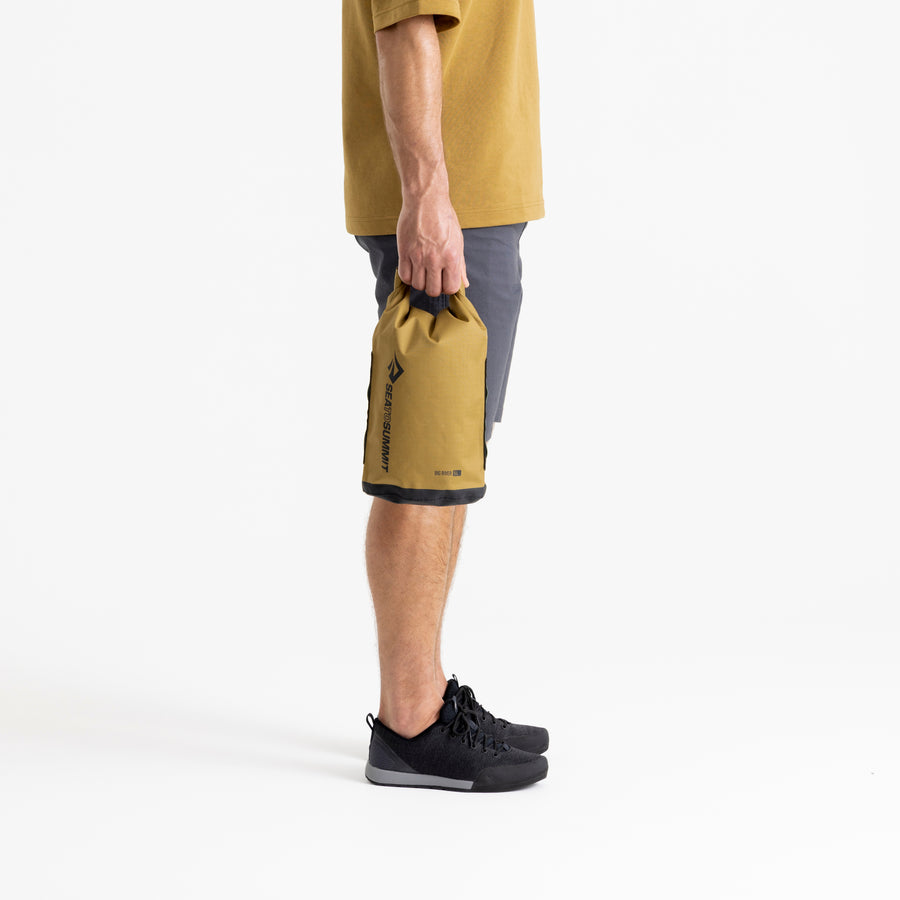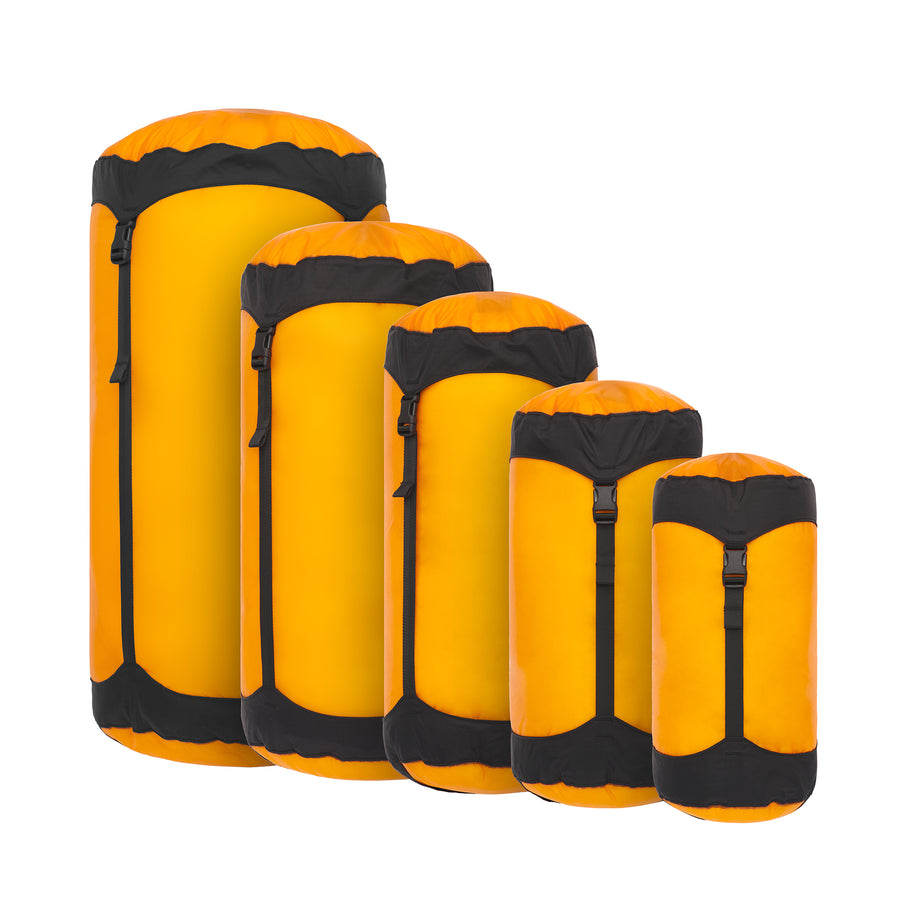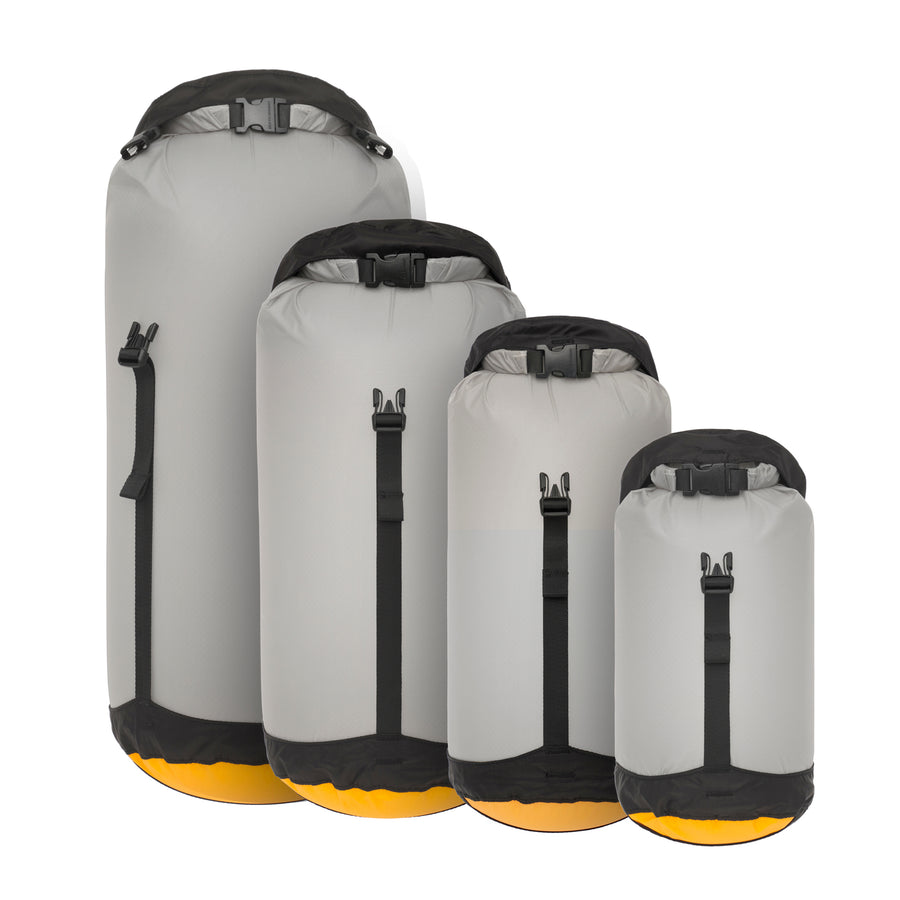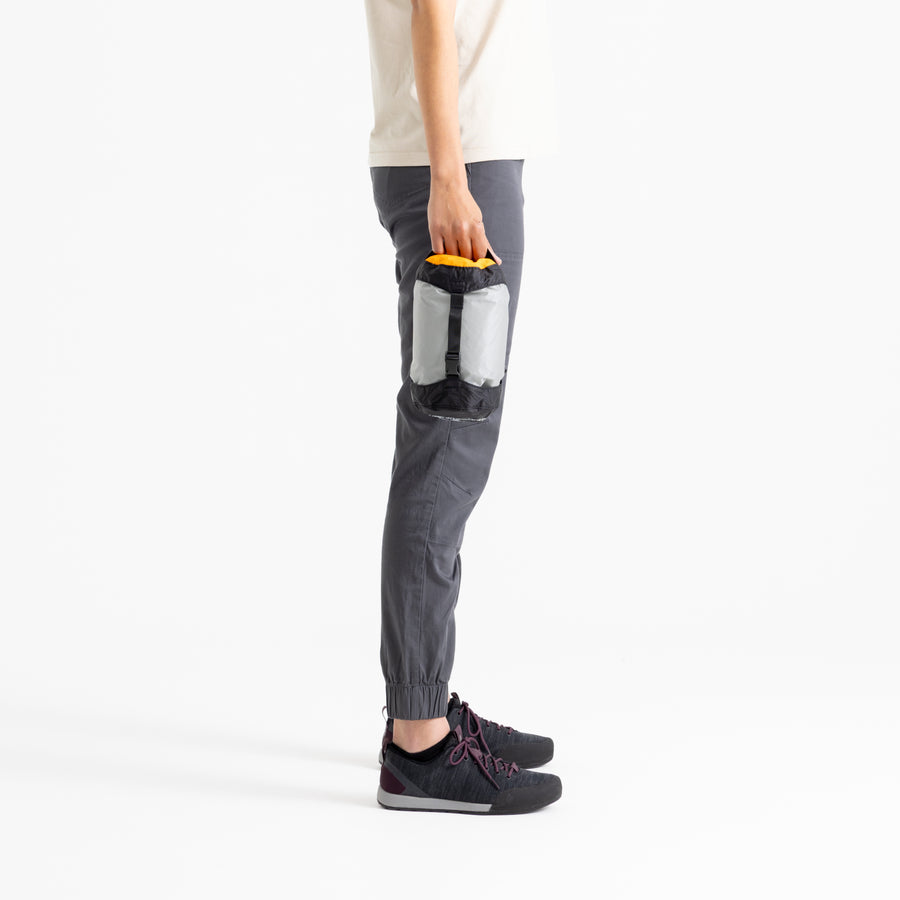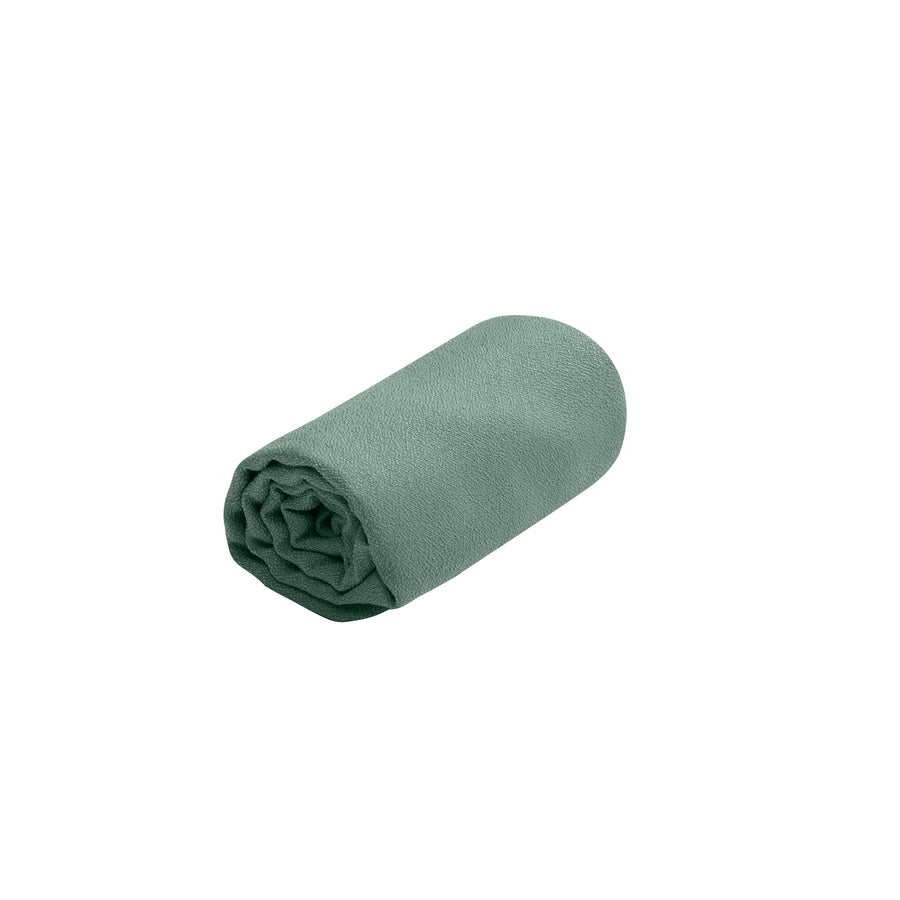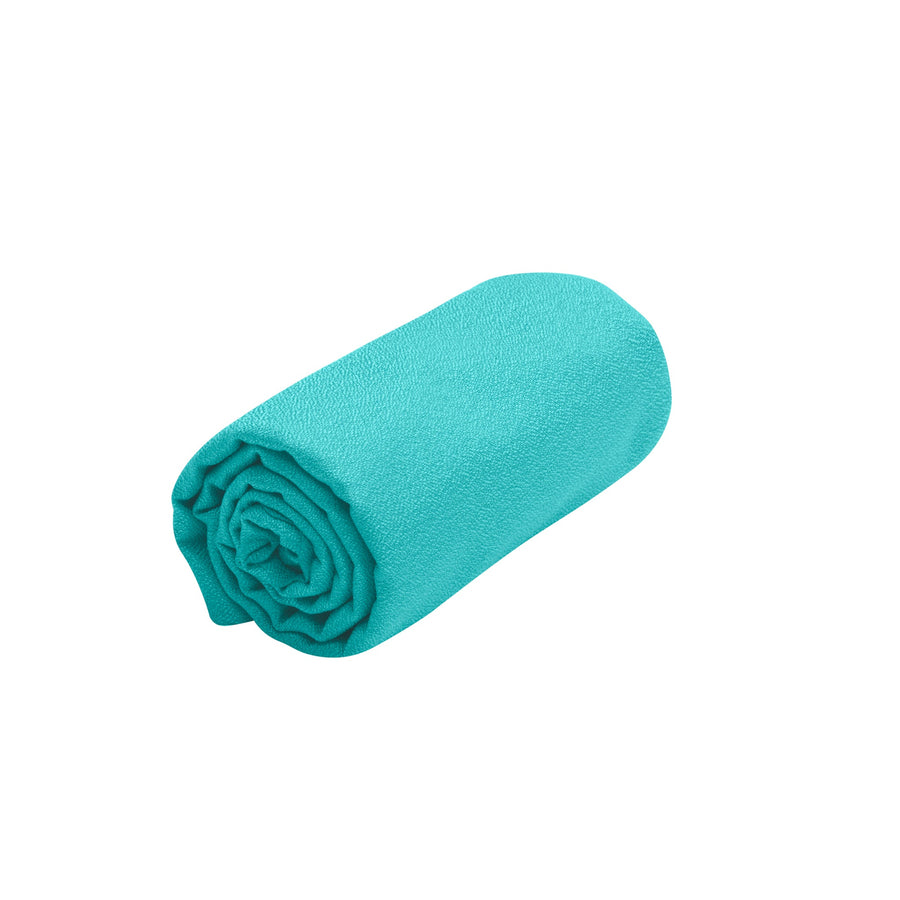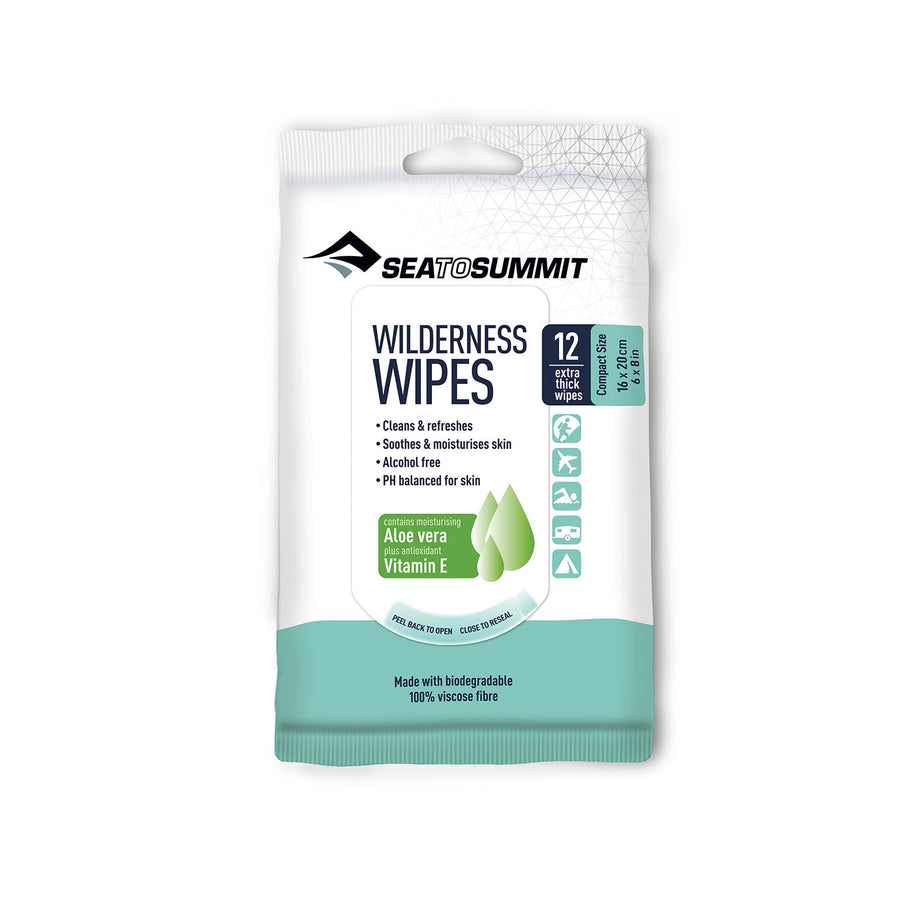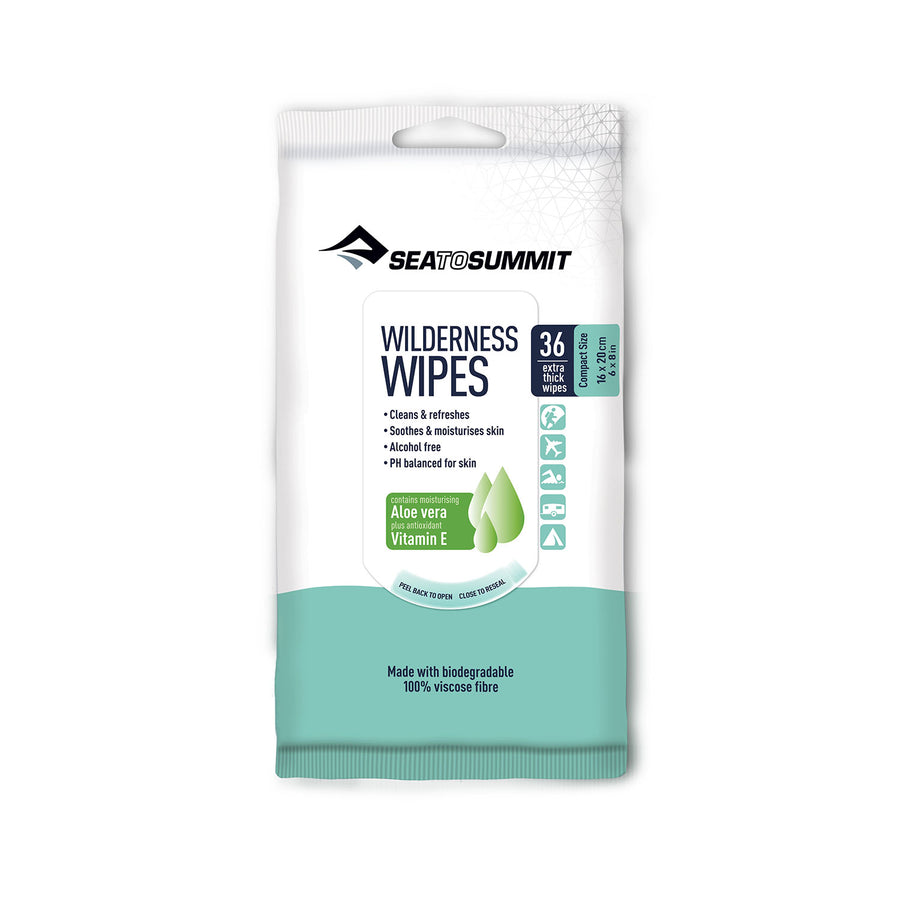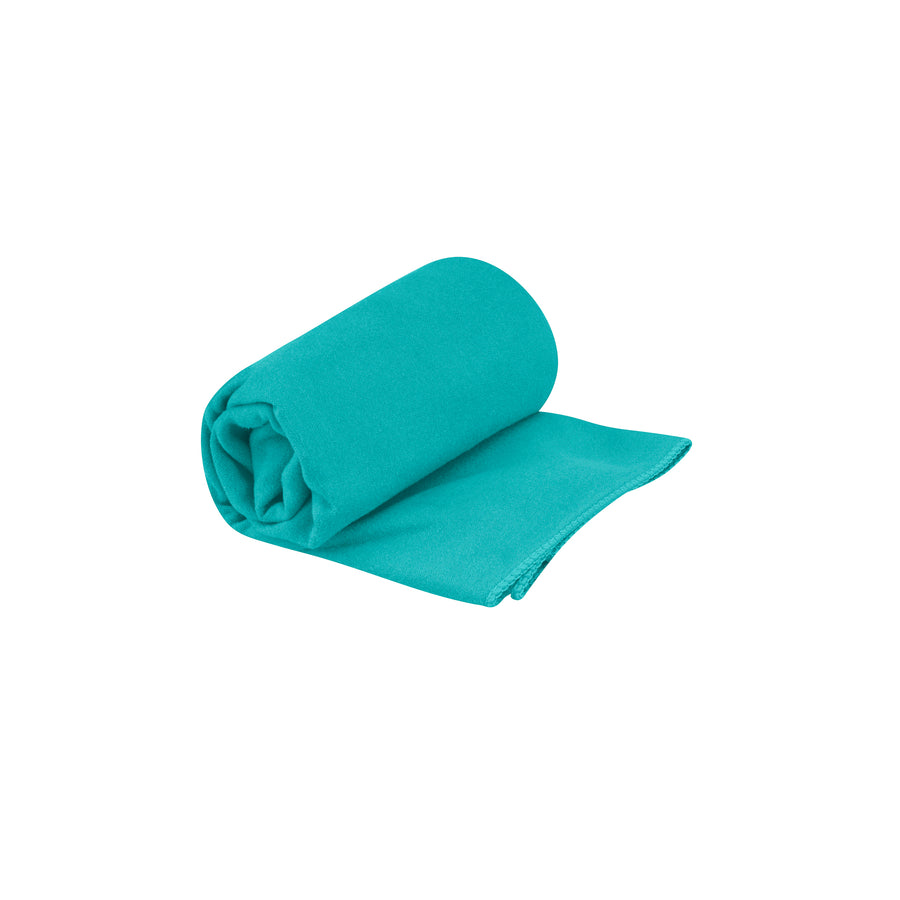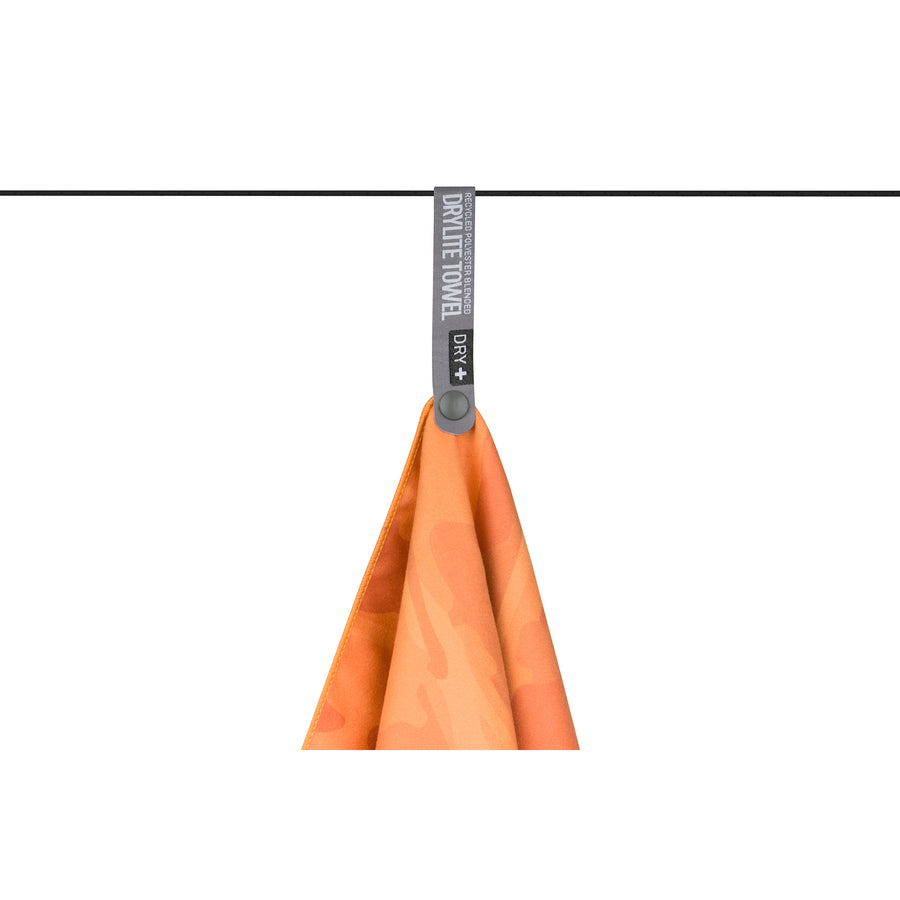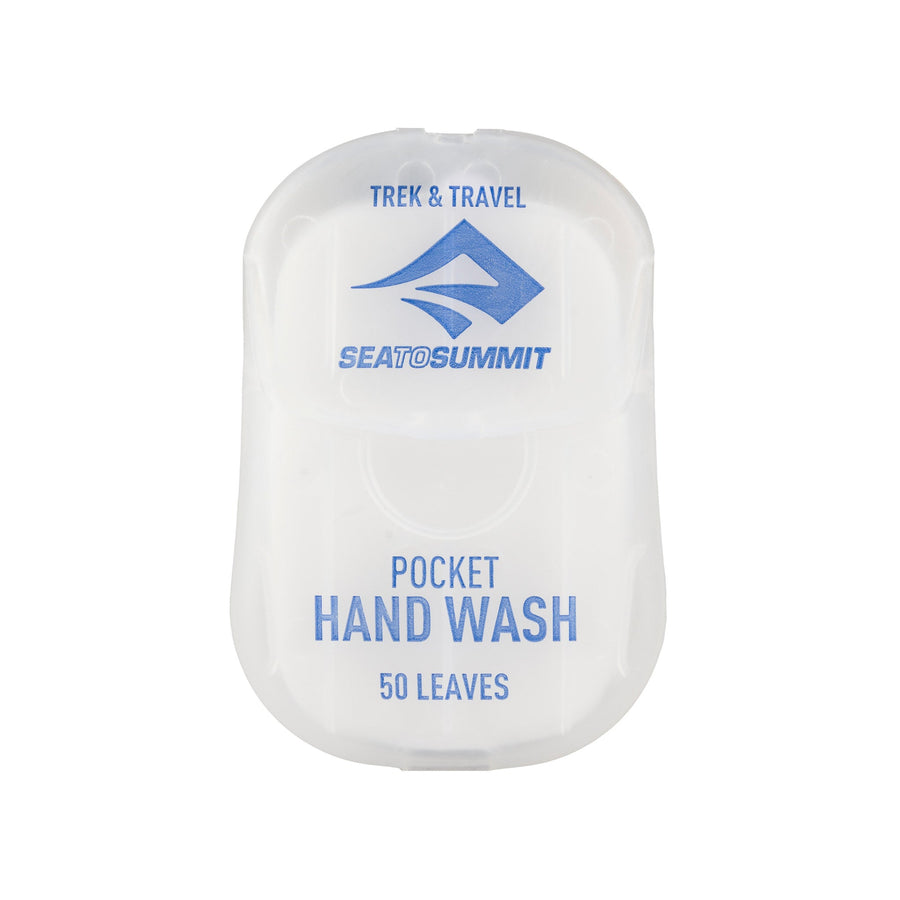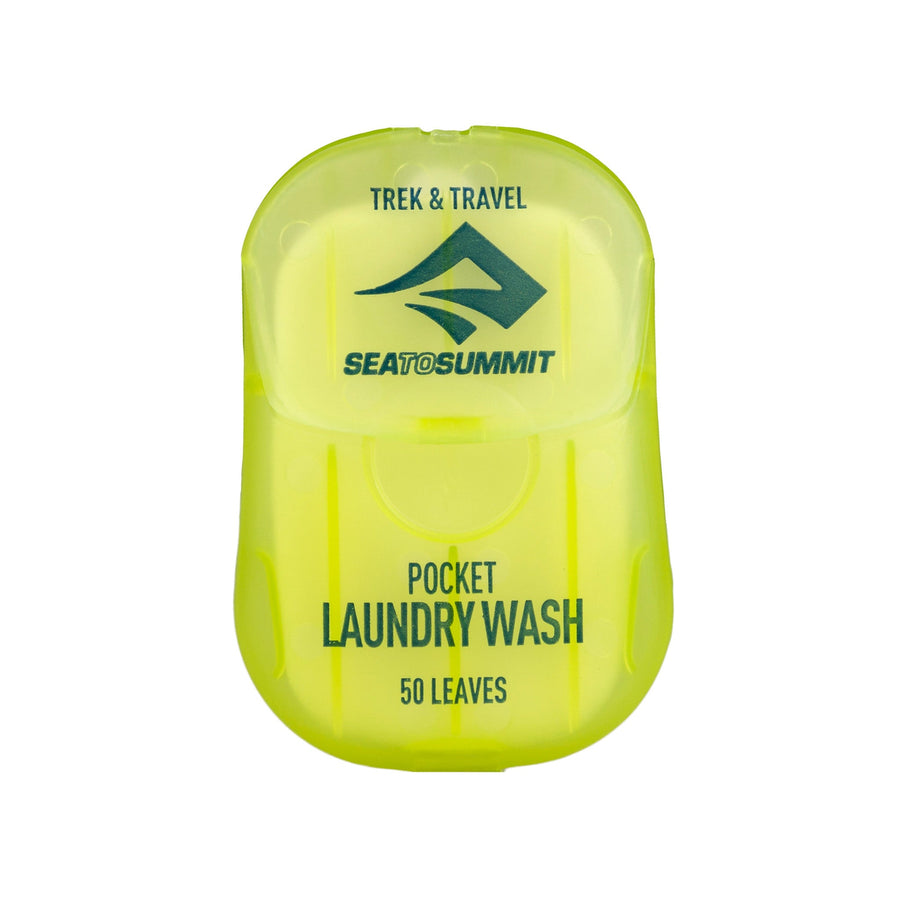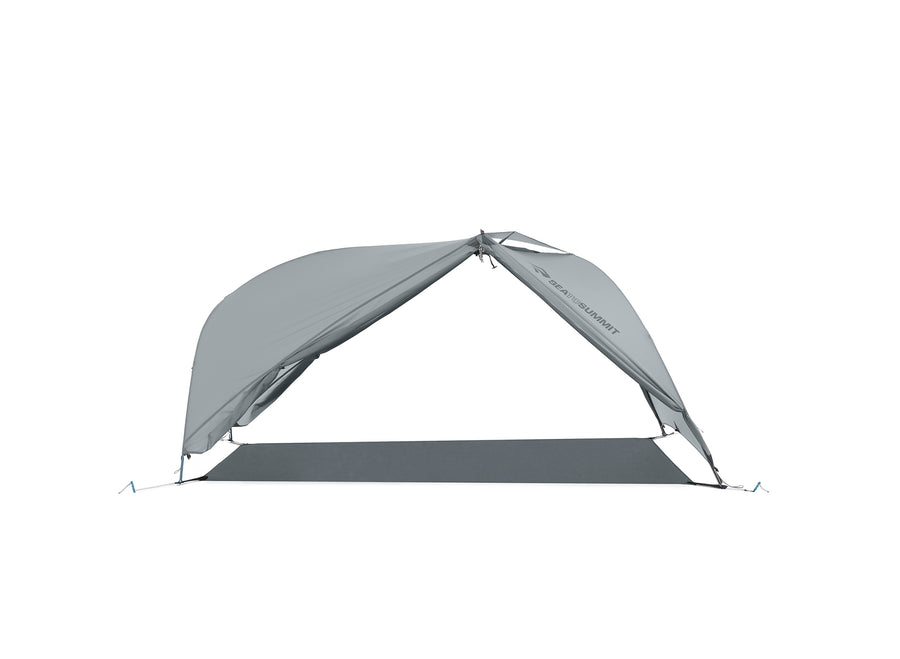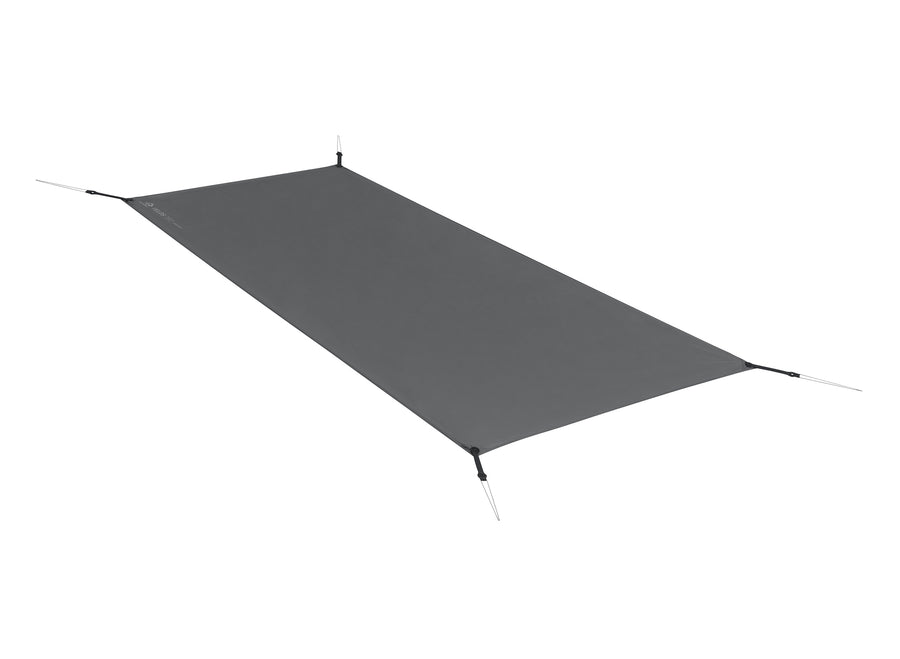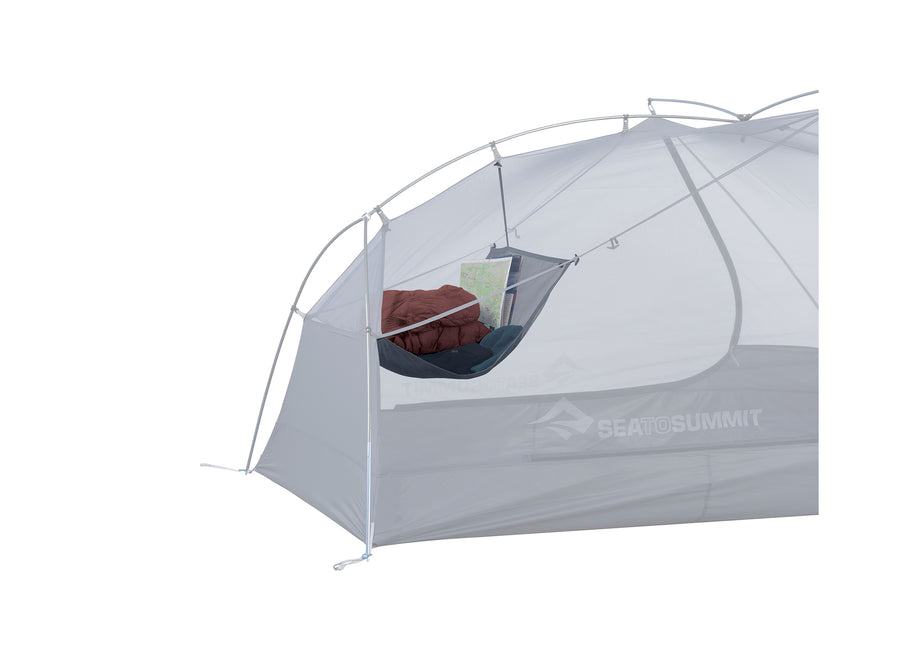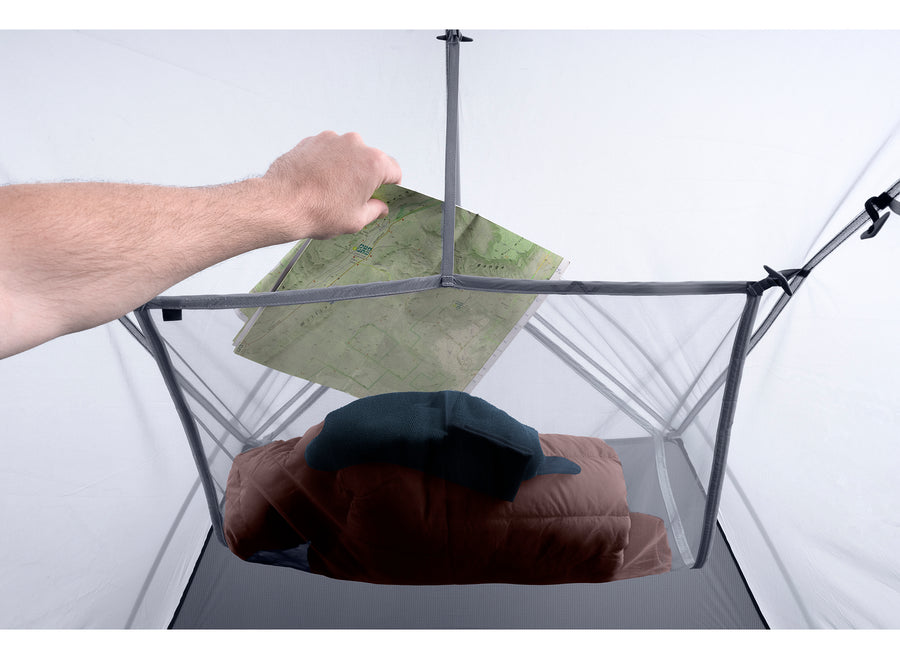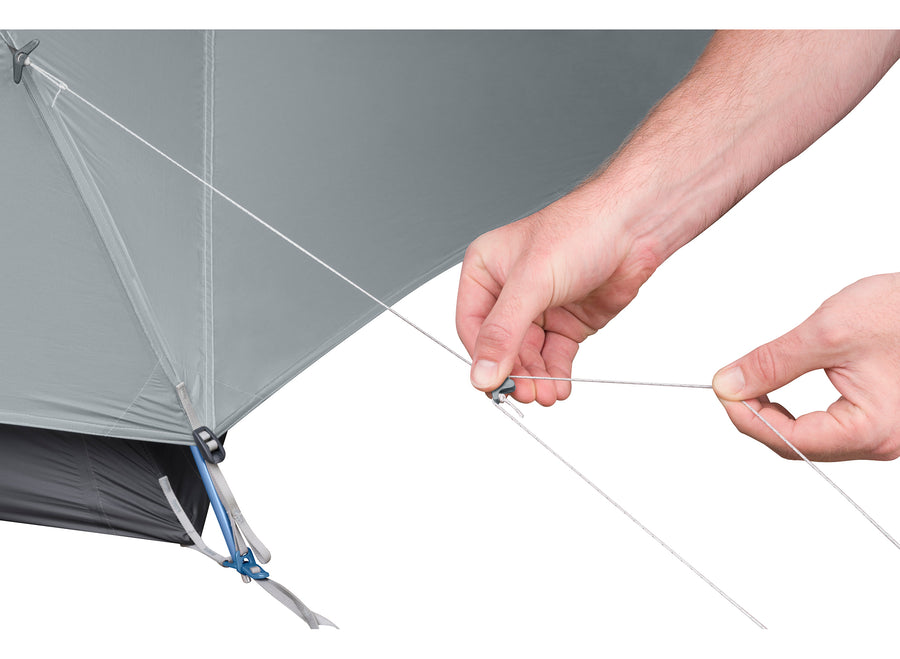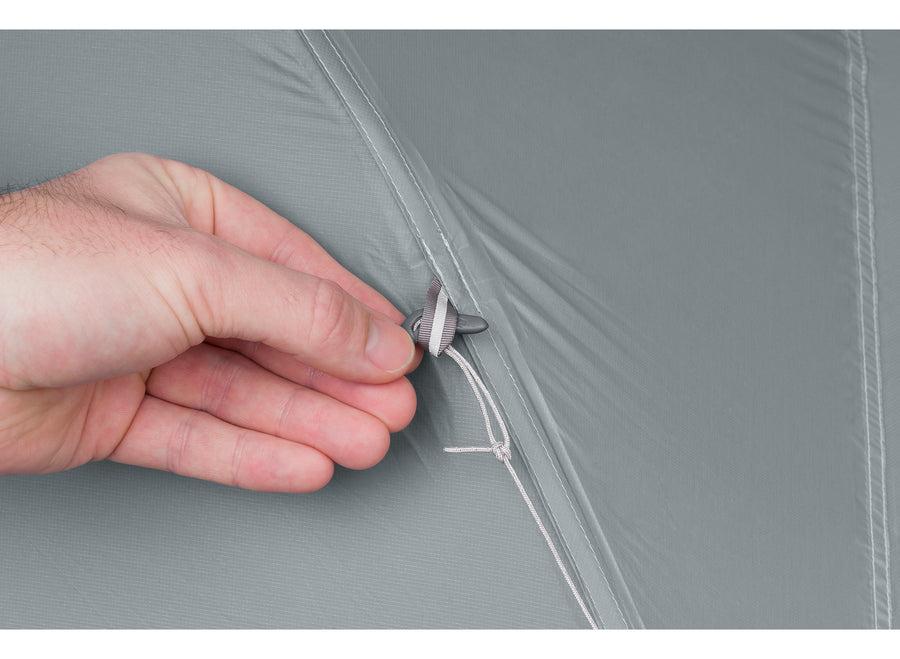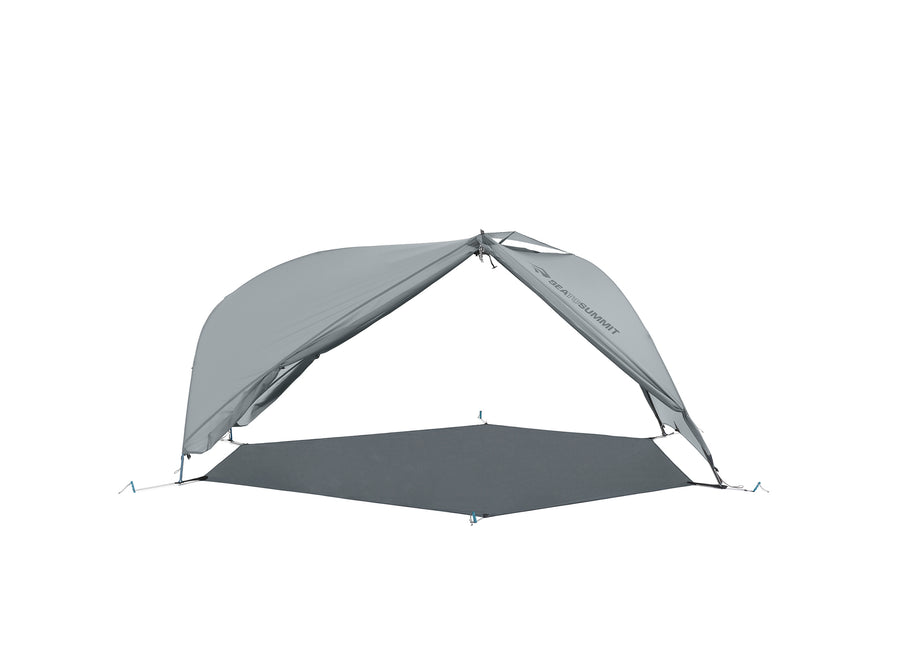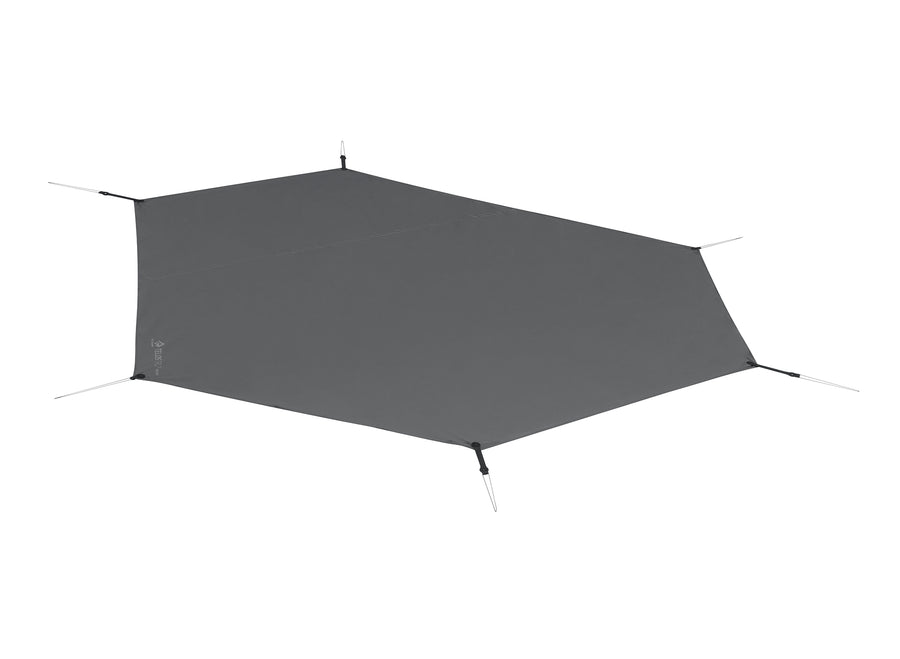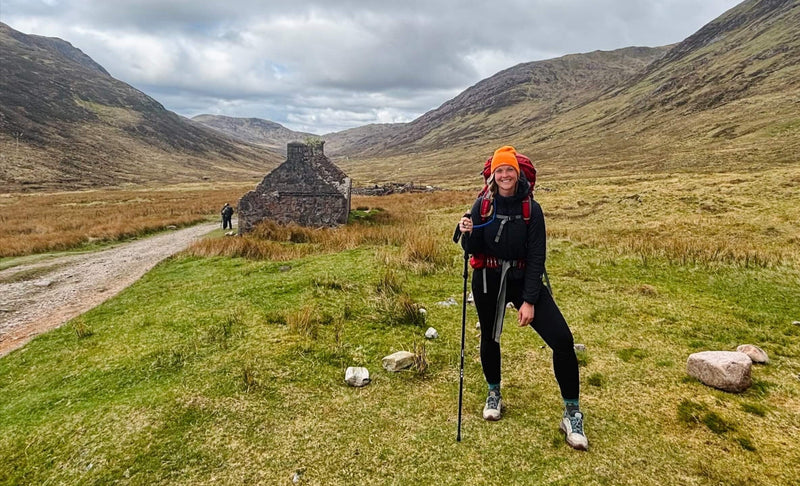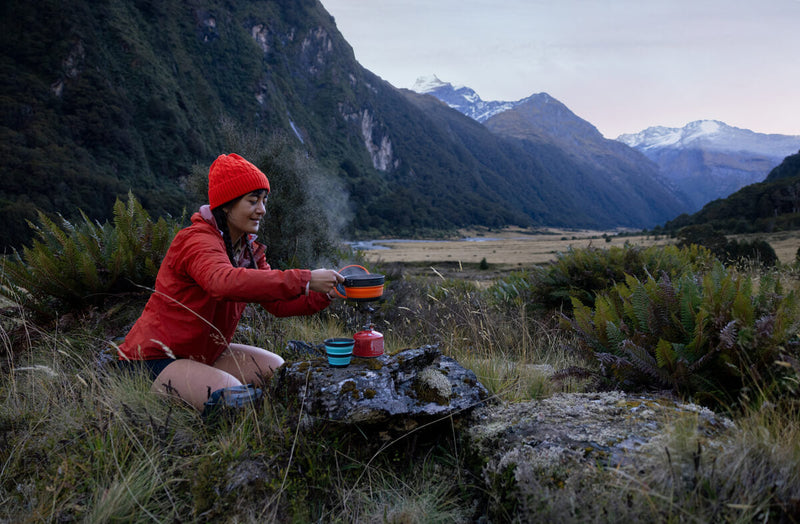Why You Should Start Snowshoeing This Winter
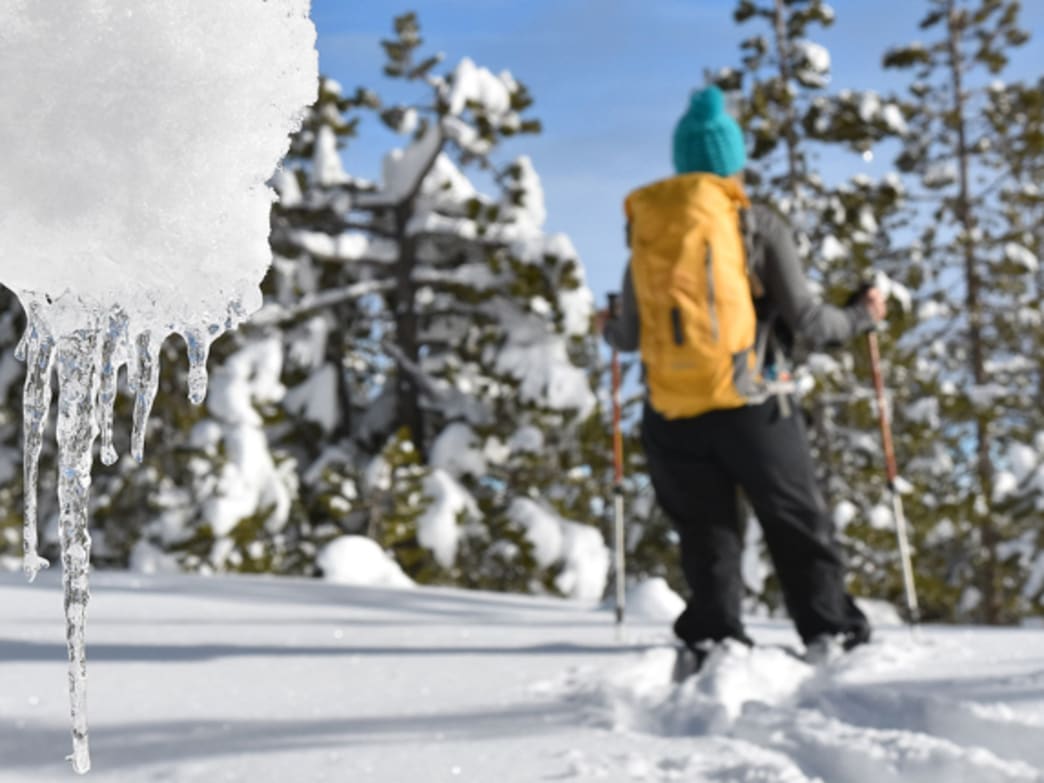
It’s easy to fall in love with Grand Teton National Park. On my first visit a few summers ago, I’d been enchanted while hiking with my family among fluttering aspens to a clutch of small, backcountry lakes. We admired the great peaks—Nez Perce, Teewinot, and the Grand Teton—and I vowed to return sometime soon to venture deeper into the famous terrain.
As it turns out, my next opportunity to visit the park comes in winter. This means the main park access roads will be closed and reaching the more remote areas will require an expedition, but I decide to go anyway. I hire a guide to maximize my chances of getting beyond the surface-level stuff and to the kind of immersive experience I’m after, but when I meet Josh from Jackson’s Eco Tour Adventures in the lobby of my hotel, he tells me conditions are not great for going high or far. Climbing to reach a viewpoint of any sort is off the table, he says. Instead, we’re heading to a close-by snowshoe trail that meanders through a meadow.
A meadow? I think. What about tracking out to the lakes I longed to see again? What about snowshoeing to something?
We arrive at the Granite Canyon trailhead at the southern end of the park, and I feel like I’m just out of reach of the prize. The frosted trees create a muted, serene scene, sure. And the parking lot is notably quieter than any we visited summers earlier. I admit to myself that, beyond the meadow, the mountains I can see are lovely painted in winter white. Still, I hope we’ll get to see more of them as we cover miles.
Poles in hand, we step onto a ribbon of packed snow surrounded by feet of fluff. I exhale and find my rhythm, the click-clack of my snowshoes stomping powder.
After walking no more than 10 minutes, we stop. (I think: Already?) Josh points to large, dark-gray gashes on an aspen tree, and some dark-brown markings cut into its white bark. He tells me the elk, deer, and moose all eat the bark and use it to scrape the velvet off their antlers. The markings tells us that the animals frequent the area. “Cool,” I say. (Let’s go, I think.)
We continue only to stop again shortly after, when Josh points out some tiny tracks in the snow. He tells me they’re from red pine squirrels, and explains how he can tell—they’re tiny, for one, but also move in a bounding pattern. Josh notes the direction of the track where it ends at the base of a pine tree and explains that the squirrel cached a pinecone. Seeing these little stories written in snow makes something click for me, and my impatience with the minutia starts to soften. As we meander, I soon can’t stop scanning the snow for more tracks. Even though we haven’t seen a moose or elk or any of the wildlife the park is famous for, winter animal tracking—and learning clues, like markings on tree bark—is a new way to experience them. It’s like all these immediate and small details are a lesson in not missing the forest for the trees.
The sun sinks behind the peaks and the temperature drops into the single digits. Josh asks if I’d like to trek off the established track. The snow is light, but breaking trail is notably more work than walking on packed snow. Josh lets me lead. “Think about the larger ungulates like elk, moose, and bison that live here,” he says. “They walk single file through deep snow, too.” I picture myself as the lead bison.
My mind is calm and I realize I’ve given into the meadow, even though we’re only a couple miles from the trailhead. I’m appreciating what I’ve been learning about the area wildlife. But when Josh mentions we could either hike to a stream or head back to the truck, I snap to and say, “Stream.” A destination!
We approach Granite Creek. I’m mesmerized by the water dancing around river rocks and underneath melting ice, all bordered by a blanket of snow, smooth but for tiny pawprints that describe tiny lives.
As we head back to the trailhead, the pink light of dusk illuminates the meadow and the peaks in the distance. I know the lakes and mountains I’d seen in the summer are just beyond the horizon to the north. And I know they’ll still be there next time I visit. Today was not for looking up or out over long distances; it was about seeing what the snow right below my feet could reveal.
As I look around, scanning the snow for just one more set of animal tracks, I don’t miss that grand mountain vista. I may have fallen in love with the lakes in the summer and longed to touch the summits, but by seeing the park anew in the winter I’ve deepened my relationship with the place, one step at a time.
Written by Lisa Jhung for Backpacker and legally licensed through the Matcha publisher network. Please direct all licensing questions to legal@getmatcha.com.
